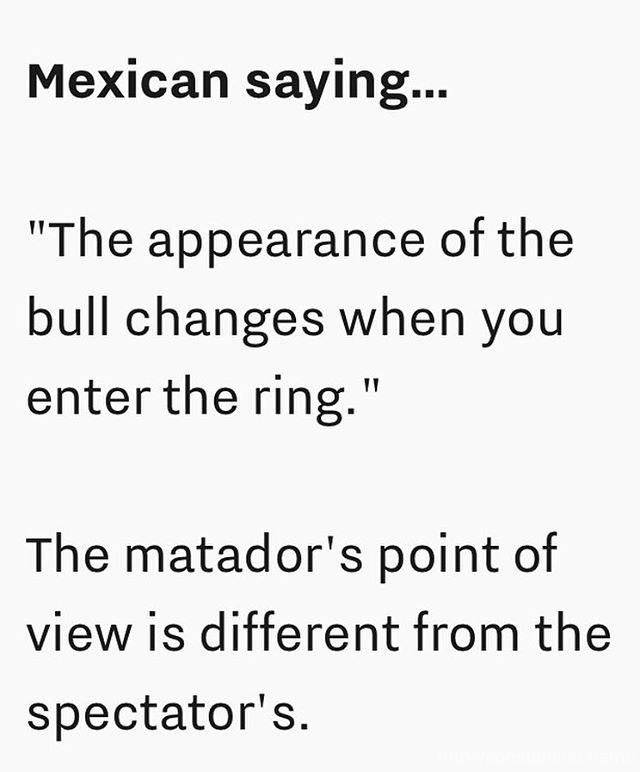Thibault uses the phrase, “mindful resource management,” which resonates with one of my frequent avenues of thought.
Today, I can easily take one thousand steps without risk of injury, and I could take one thousand steps every day without developing chronic injury. In fact, such regular walking is improving my general health. (Although I expect that at some point it will simply be maintaining my general health.) Clearly then, these resources are well-spent on walking. But what about some specific running precision? How many can I do well? How many can I do before I’m tearing down my tomorrow-self more than will benefit my next-week-self? What about some other challenge? Where is the tipping point where I go from, “sustainable growth,” to “acute or chronic injury?”
To answer my own questions I must apply mindful resource management and calibrate my efforts. These concepts are important, explicit and obvious in Parkour. With movement, success or failure is usually obvious, and I can continuously calibrate my movements as I over-/undershoot. Initially I “throw myself at it” with flat trajectories and smash-crash-bang landings, but eventually I learn to “float in” with higher trajectories, more power, and more control.
In a larger sense, this applies not only to my Parkour efforts, but to my everyday life. Much of what I do could be calibrated: Food consumption; Listening skills; Speaking skills; Time spent interacting with others versus time spent alone; Self-reflective thought versus philosophical discussion; Mindful meditation and recovery work versus high-intensity physical training.
In the largest sense, this calibration tracks a life-span.
Beginning with the frenetic activity of youth, actively trying to carve my life through the universe: Overshooting. Then comes the inevitable, timorous, mid-life reversal to a hyper-aware, hyper-reflective approach: Undershooting. And then finally — hopefully! — a calibrated, broad, world-view.
A balance of give and take.
Power and control.
Life and death.
Yin and yang.
ɕ
